annunci
Barrier Animal Care Clinic
Barrier Animal Care Clinic
Barrier Animal Care Clinic
Excellent veterinary care with a personal, caring touch
Puppy and Kitten packs cover your pet’s initial healthcare - see pack contents below.
Buy a voucher code online exclusively from myfamilyvets.co.uk and redeem in our practice.
Everything they need in one handy, affordable bundle:
- 2kgs of Specialised Food - You also get a 2kg bag of Nature's Range pet food or equivalent, a highly nutritious food to start your new pets life off in the healthiest way.
- Initial Flea & Worm Treatment - Fleas and worms are particularly dangerous and sometimes even fatal to animals. In some cases they can spread to humans so the treatment not only protects your pet but also your home.
- Microchipping - It is not only a legal requirement to microchip dogs, it also helps re-unite thousands of lost pets and their owners. Puppies should already be microchipped but this is available as part of the pack for any pet that has not been.
- Primary Vaccination Course - Prevent your new pet from many infectious diseases with our high quality vaccines to boost their immunity.
£49 Puppy & Kitten Packs
Everything you need for your new family member for just £49*
Getting things off to a good start...
Whether you're a first-time pet owner, you're changing vets or you have recently moved to the area, we'd love to welcome you and your furry friend to our practice.
A thorough, nose-to-tail check-up lets us examine your pet's condition, it also gives us the chance to identify any potential problems or illnesses. We are then able to take action before conditions become too serious. In order to get things off to a good start, we offer FREE first consultations to all new clients!
Free Consultation
Recieve one free consult per new client registered!
The number and variety of parasites affecting pets in the UK has changed substantially over recent years. Thanks to modern-day living with central heating, flea pupae can survive dormant in carpets, soft furnishings and between floorboards, without the pet, for up to 1 year. Lungworm has spread across the country to regions that it previously had not been seen in and a recent report found that ticks affected 1 in every 3 dogs.
Call us to book your free flea and tick check, where you will also receive preventative treatment options and advice - tailored to your pet’s specific needs.
To do this, we take into account the local area's parasite make up, as well as your pet’s lifestyle, to be able to best advise you on the most suitable products. For example, does your dog swim regularly? Is your cat an indoor-only cat? Do your pets hunt or scavenge? The answers to these and other questions will help us to determine the most suitable parasite preventative care plan to keep your pet, family and home free from parasites, and the awful diseases they carry.
Free Flea & Tick Checks
Plus advice on parasite prevention!
Surgery
We offer a variety of operations and procedures
All planned surgical procedures are normally carried out Monday to Friday, but we do deal with emergencies over the weekend. Animals that have been booked in for an operation will be admitted between 8-9am.
Generally, the vet will admit your pet and give a pre-anaesthetic examination. This is an ideal time for us to explain the consent form, tell you more about our pre-anaesthetic blood test, or for you to let us know about something else you may require wile your pet is at the clinic.
Pets should not have been fed after 8.00pm the night before an operation, to minimise the risk of vomiting during the procedure. We make use of the best in modern, safe anaesthetic drugs, to minimise the slight risk that is involved with any procedure.
You will be updated during the day on your pet's progress following their procedure.
At Barrier Animal Care Clinic, we offer a variety of operations and procedures, including: (please click on any type of surgery to see more information).
Anaesthetics
This section gives an outline of what is involved when your pet has a general anaesthetic at the Barrier Animal Care Clinic, together with the methods we use for reducing the inherent small risk involved.
All animals will be weighed on admission so that drug amounts can be calculated accurately. Drugs administered will include a pre-med, which contains a sedative and usually a painkiller (analgesic). The sedative reduces any anxiety the animal may have and reduces the amount of anaesthetic agents needed.
The painkiller provides pain relief for the procedure and usually the recovery period. It is given before the pain/discomfort starts so it has more effect. After the painkiller has had time to act, your pet will be anaesthetised using modern drugs such as propofol - a drug used to anaesthetise humans.
Often, your pet will have a small patch of fur over the foreleg clipped for the injection site. Other animals will need a larger area clipped for intravenous catheters. When your pet needs a surgical procedure, the operation araea will be clipped. A large area is necessary so that the operation site can be cleaned appropriately. The surgeon often has to hold the surgical wound wide open, so there needs to be no risk of contamination from any stray hair.
A final spray of antiseptic is applied before the surgeon covers the area with sterilised drapes and opens the sterilised instrument set.
Neutering
Whether or not to neuter your pet can be a difficult and sometimes emotional decision to make. We recognise this and are ready to talk through the pros and cons with you.
Neutering involves removal of the testicles in male animals (castration) and removal of the ovaries and uterus in female animals (spaying). We usually recommend that the procedure be carried out when the animal is about six months old. This ensures that the animal doesn’t develop any unwanted ‘sex linked’ behaviour – for example: Spraying urine or ‘interacting’ with objects that they find attractive.
All neutering is carried out under general anaesthetic, which means that your pet will have to be left at the vets for a few hours. They are usually ready to come home at around tea time. We generally ask that your animal comes back to the vets the day after the procedure for a check-up, and then a week later to have any remaining stitches removed.
If you are not planning on letting your pet have a litter, we would recommend neutering. There are many advantages to having your pet neutered:
For females, there is less mess, less unwanted attention from males and no chance of unplanned pregnancies. The procedure also prevents infection in the uterus and can reduce the chances of the animal developing types of mammary cancer.
In males, there is significantly reduced chances of developing cancer of the prostate, testicles and some types of anal cancer. Neutering a male animal will also curb aggressive or enthusiastic sexual behaviour.
Many people are under the impression that neutering their pet may affect their personality. This is a bit of a myth – dogs actually become easier to train because their minds do not wander as much without those raging hormones!
We would be happy to make you an appointment for your pet, in order to discuss any questions you may have about neutering or the procedures involved.
Dental Surgery
A veterinary patient needs to be anaesthetised to undergo a proper dental procedure. This also minimises the stress on your pet. For older animals, we recommend a pre-anaesthetic blood profile before any anaesthetic, including those required for dental procedures.
After anaesthetic induction, a thorough dental examination is carried out. This involves charting the teeth present and assessing their condition, including the degree of tartar, gingivitis (gum inflammation) and any pockets in the gums around the teeth.
Then we begin with removing tartar above the gum line, using a special ultrasonic scaler. After the visible surface of the teeth are clean, tartar is scraped out of gum pockets by hand.
The teeth are then polished using a dental polisher and specialised fine grade paste. Finally, the mouth is flushed with antibacterial solution. The dental procedure ends here if dental disease is not severe; however, if extractions are necessary due to advanced periodontal disease, these would then be performed.
Following a professional dental clean, a home care programme is designed for you, depending on the severity of your pet's dental disease. This may involve regular tooth brushing, feeding raw meaty bones and/or a special diet. A member of staff will discuss this with you in detail when your pet is discharged.
We perform a progress examination to monitor gum healing, 7 days after surgery, for any animal that has had extractions. We also recommend all pets be examined 6 months after dental cleaning, to determine the effectiveness of your home dental care.
Orthopaedic Surgery
Orthopaedics is the branch of surgery which deals essentially with bones and other bone-related structures. Most of the orthopaedic surgery performed at the Barrier Animal Care Clinic follows traumatic accidents (falls, motor vehicle accidents etc), but other surgery may include correction of congenital and developmental limb deformities.
Fracture investigation and repair in animals is very similar to that in humans. The patient is initially stabilised, then the area of injury is examined under a general anaesthetic. Following this, X-rays are taken to determine the extent of the bony injuries and the positioning of the bone fragments.
The radiographs (X-rays) are examined to determine which form of stabilisation will be used to repair the injury. A number of options are available. Each have their own advantages and disadvantages depending upon the type of fracture, and they may be used in combination.
They include:
- External splinting
- External fixation
- Bone screws, plates and pins
The patient is prepared for surgery in the treatment room, and is given an antibiotic injection before being taken into theatre for the operation. Once the surgery is completed, post-operative X-rays are taken to ensure that the positioning of the repaired bones is correct.
The patient recovers in hospital and is maintained on pain relief. When they are ready to go home, our vets will show any radiographs to the owners and also talk through the post-operative care for the animal, including exercise restriction, medication and future re-checks.
The surgical procedure for other orthopaedic injuries (such as cruciate ligament repair) is much the same, however other forms of diagnosis may be used. Once a diagnosis is confirmed, the structures are repaired, replaced or removed, depending upon the nature and severity of the injury.
Soft Tissue Surgery
Soft tissue surgery encompasses any surgery not directly associated with bones or bony structures.
This surgery takes many different forms, as there are many different soft tissues in the body.
The type of surgery also varies with the intention of the procedure. It may be preventative (such as neutering), curative (e.g. abscess surgery), informative (such as taking biopsy samples to find out exactly what a type of tissue is) or palliative (e.g. de-bulking a tumour to make an animal more comfortable).
Since there are so many procedures, it is impractical to detail each one. Obviously, we would discuss any suggested procedure with you during the consultation period, should your pet require surgery.
Pre-Anaesthetic Blood Testing
At the Barrier Animal Care Clinic, we pride ourselves on the level of care and safety we are able to provide for our patients, especially when general anaesthetics are necessary. However, there are risks with any anaesthetic, and one of the services we offer to help minimise this risk is pre-anaesthetic blood testing.
Although a thorough physical examination is conducted on every patient before they have any form of anaesthesia or sedation, internal organ problems may not be detectable through this procedure. Thus, we recommend a pre-anaesthetic profile for all sick, debilitated or aging animals which require an anaesthetic. We are also willing to perform the tests at the owner's request for younger animals undergoing anaesthesia.
The pre-anaesthetic blood test involves obtaining a small amount of the patient's blood, dividing the sample, then running biochemical and volumetric tests to establish organ functions. For anaesthetics, we are particularly concerned with kidney and liver capabilities, in addition to red blood cell and electrolyte concentrations.
Thus, not only can we determine with greater accuracy how your pet will cope with an anaesthetic procedure, we also obtain information which can be used for the longer-term medical management of your animal.
What if Abnormalities are Detected?
If abnormal test results are obtained, one of our Veterinary Surgeons will discuss these with you before you decide whether to continue with the planned procedure. Depending on the nature of the abnormality, it may still be possible to perform the surgery with an altered anaesthetic regime and/or by instituting supportive therapy (such as intravenous fluids) for the duration of the anaesthetic.
Where test results show potential long-term problems for your pet, we can advise you whether further diagnostic testing or medication may be required.
What if all Results are Normal?
Wonderful! We are able to proceed more confidently with the surgery, knowing that the anaesthetic is even less likely to cause problems. It also gives us a record of your pet's normal values, to compare with any changes that may develop in the future.
Need More Information?
One of our staff members would be happy to discuss any concerns you have about your pet undergoing an anaesthetic, and whether pre-anaesthetic testing would be recommended.
Barrier Animal Care Clinic 32 Hardens Manor Way Eastmoor Place Charlton London SE7 8LP
020 8293 6580
020 8310 7713 (out of hours only)
020 8293 6580 (emergencies only)
wellpetclinic@btconnect.com
- veterinal
- Location
- London
- Paese
- United Kingdom
- Indirizzo
- Barrier Animal Care Clinic
32 Hardens Manor Way Eastmoor Place Charlton
London SE7 8LP
Trova sulla mappa - numero di telefono
- Mostra telefono
- Mostra E-mailQuesto indirizzo email è protetto dagli spambots. È necessario abilitare JavaScript per vederlo.
- Sitoweb
- https://need-a-pro.com/
- Tipo annuncio
- Ricerca di lavoro
- Categoria
- La cura degli animali
- Sottocategoria
- Veterinari
- Data di inserimento
-
Giovedì, 28 Marzo 2019
6 anni 11 mesi fa - Visualizzazioni
- 4048
- Id
- 1837
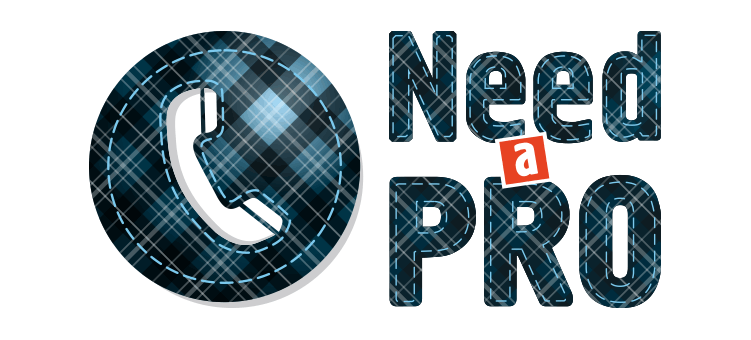





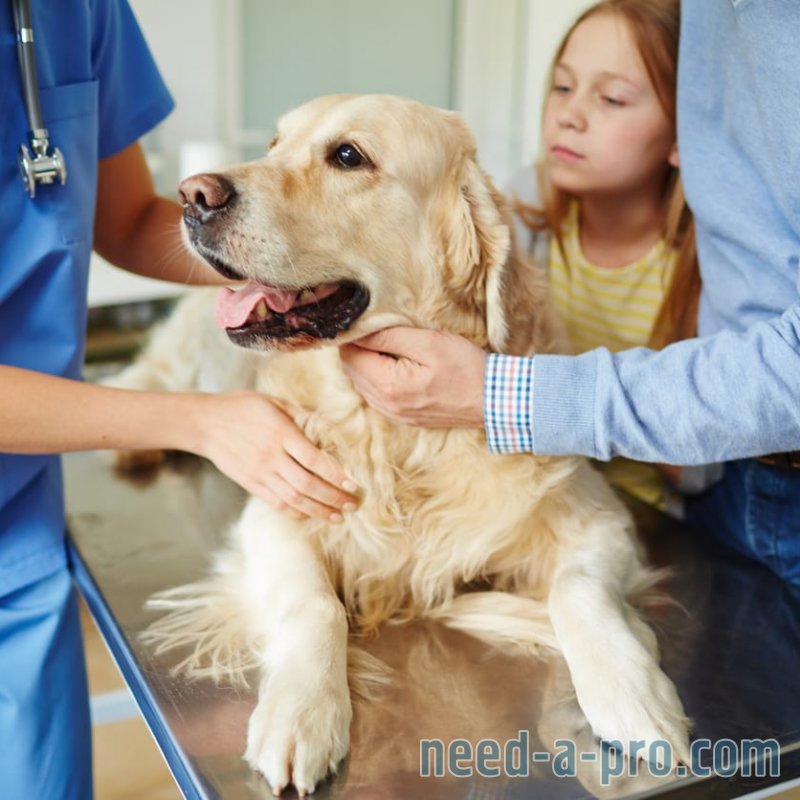

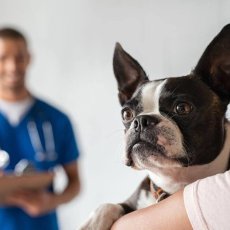
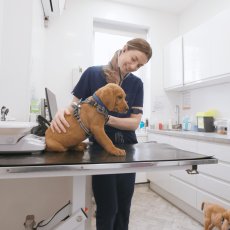
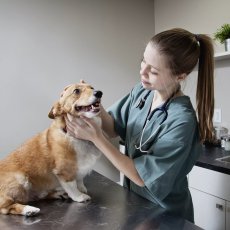
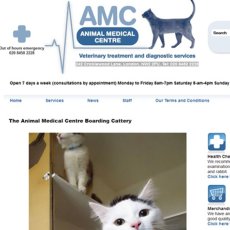
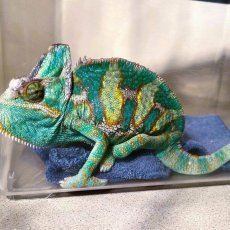
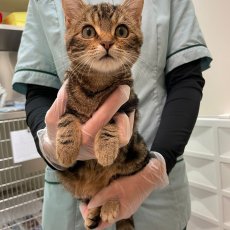

 Vectora Design
Vectora Design